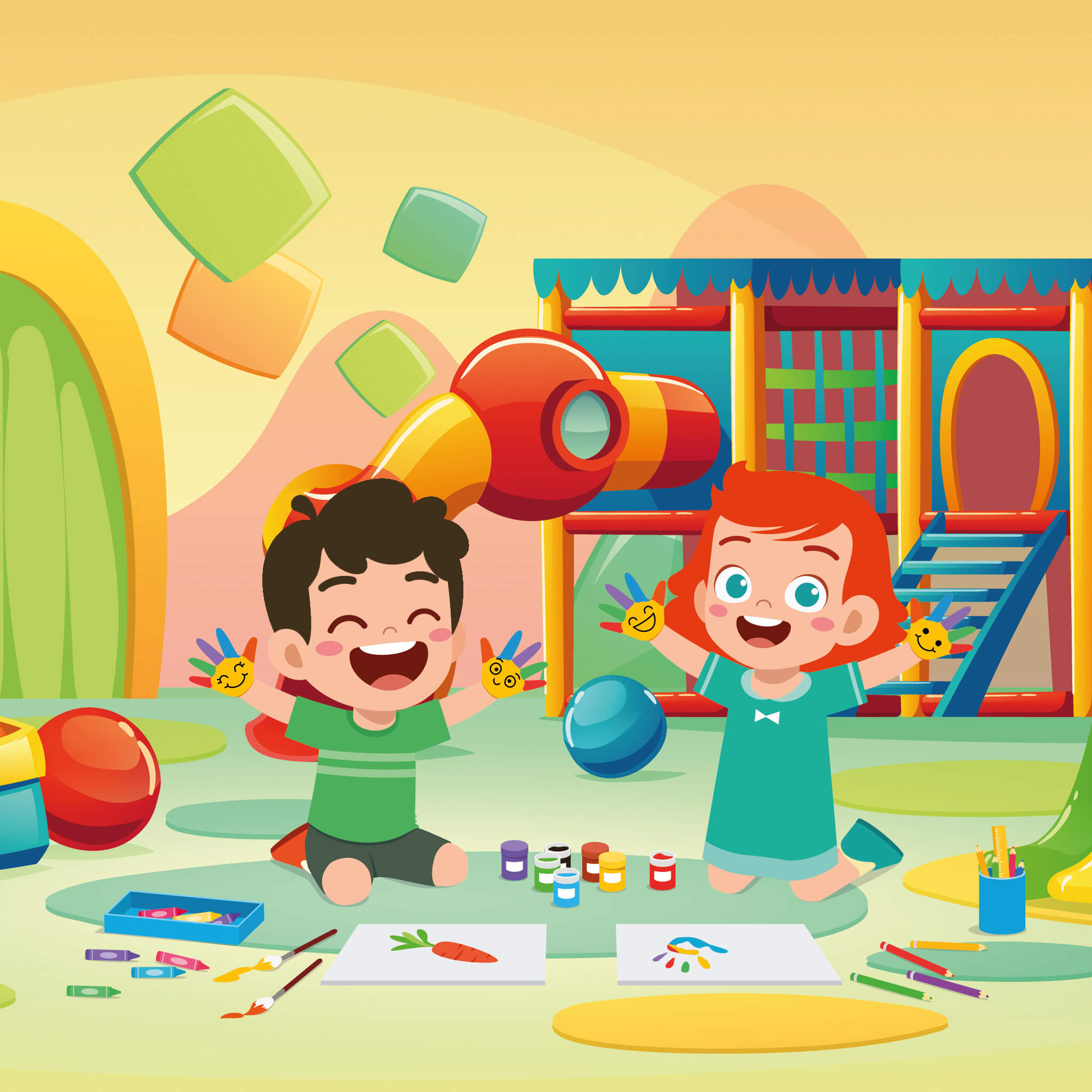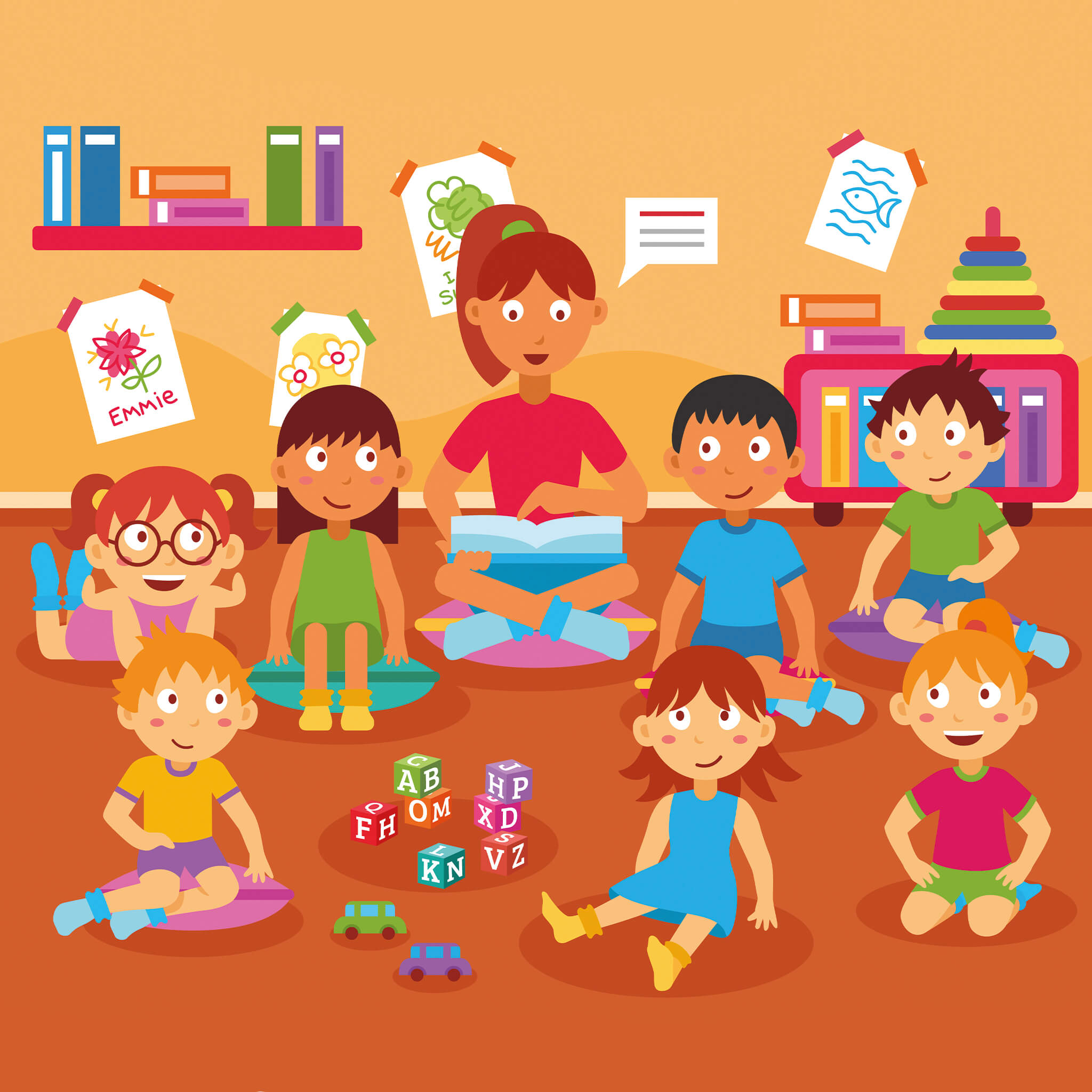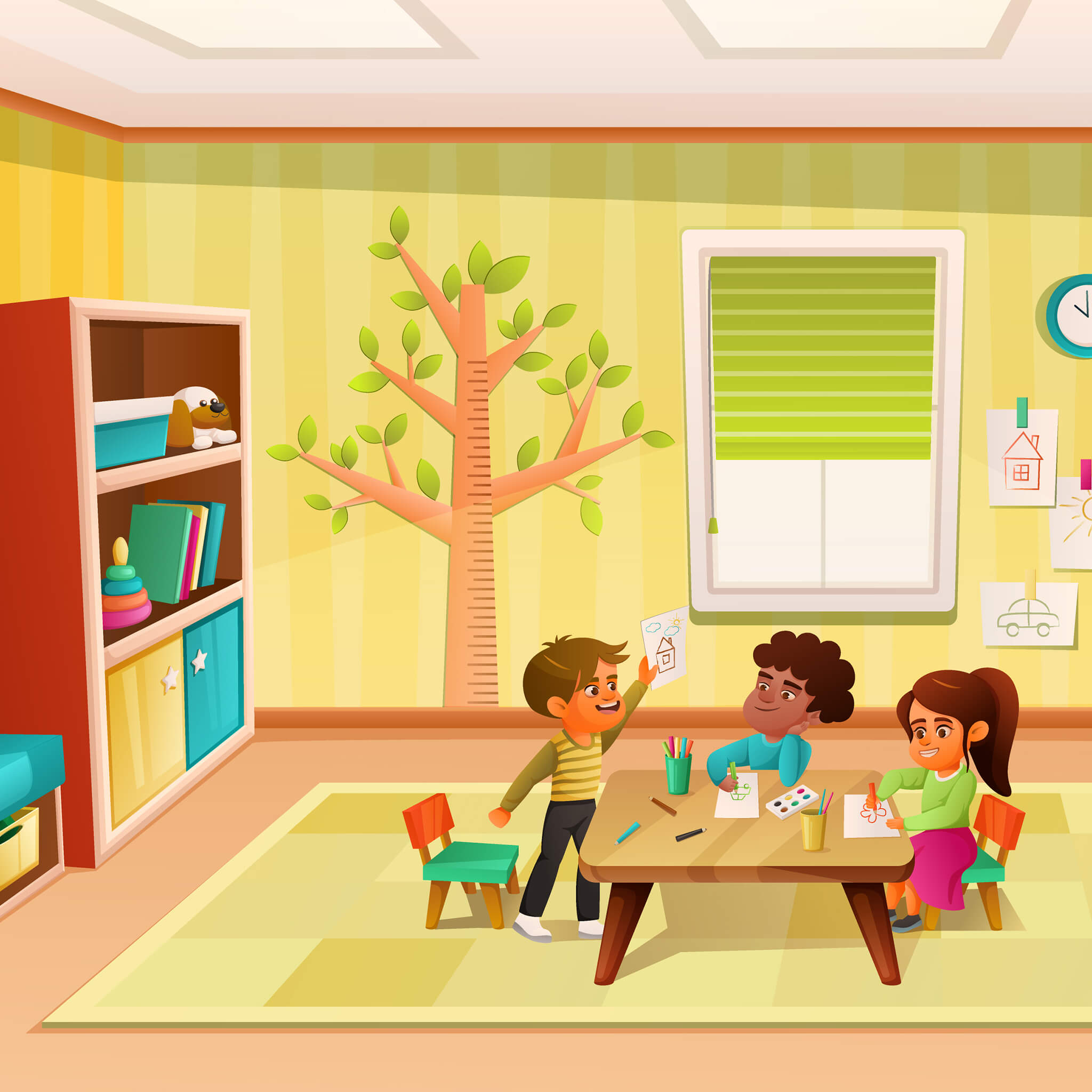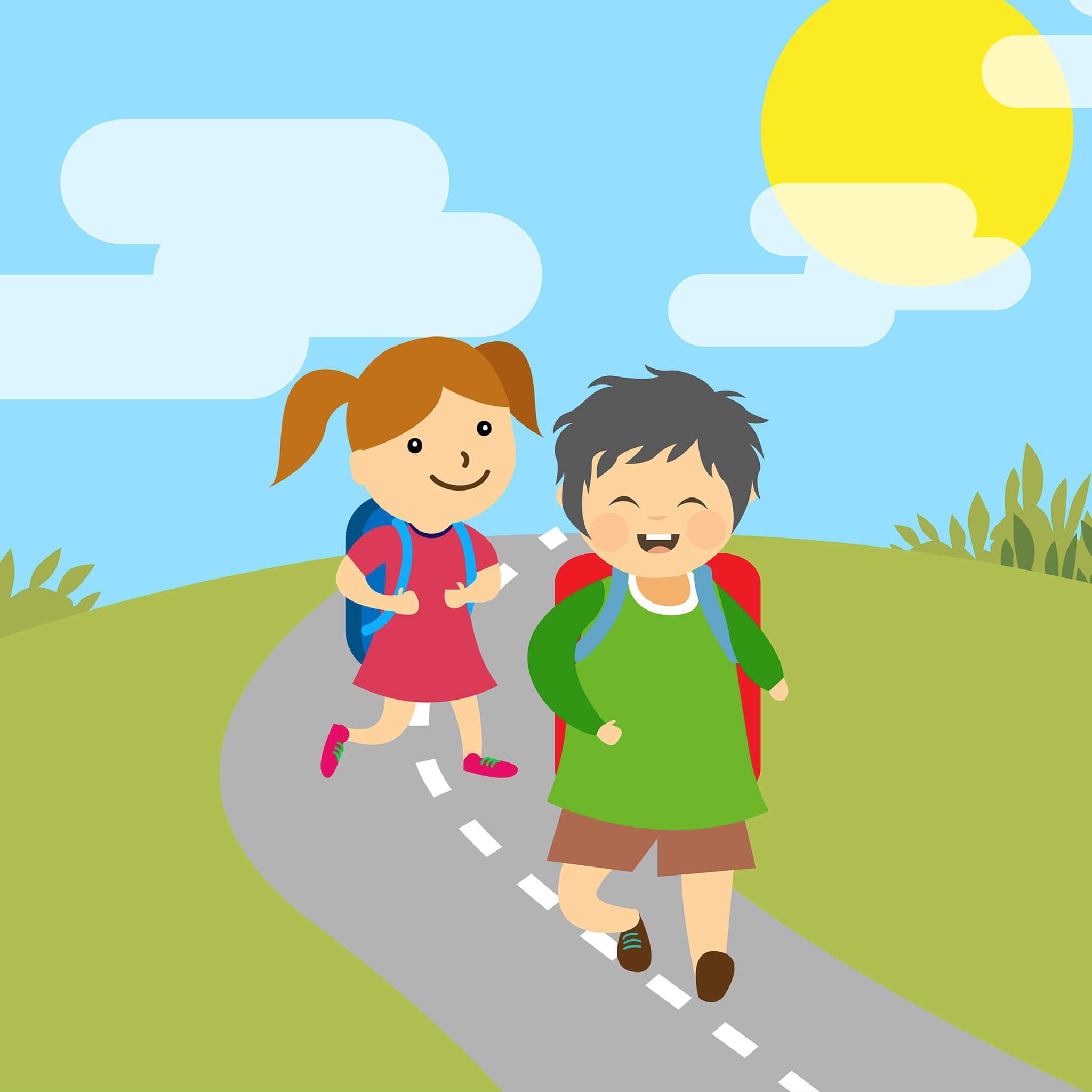Worksheets for preschoolers
Preschool children are very curious and like getting learning of the world around them. Everyday children’s brain gets and memorizes lots of information.
All educational activities for children are the most effective if they made in a play form. Colorful pictures and cartoon heroes are the most popular among preschoolers. That is why we create our educational materials in the most attractive for kids’ way. You can find a big collection of printable learning worksheets for preschoolers on our site. Depending on the interests and hobbies of a child, select the appropriate activities, games or worksheets.
To make preparation to school fun and effective, combine outdoor games with various indoor activities. We provide you with high-quality math, writing, matching, handicraft, etc. worksheets for preschool learning in kindergarten or at home.



